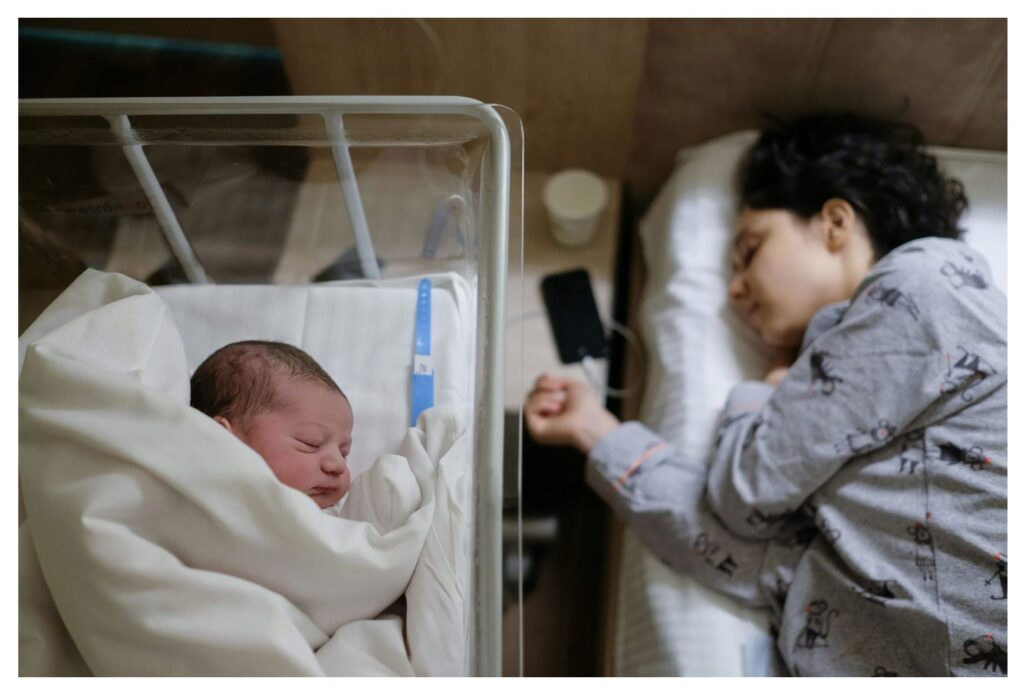Study shows Kentucky among highest in nation for rural women of childbearing age receiving Medicaid

By Melissa Patrick
Kentucky Health News
The U.S. Senate is considering a U.S. House-passed budget reconciliation bill to slash $700 billion in Medicaid funding over 10 years, and experts say, if passed, these cuts would put the health of mothers and infants in rural Kentucky at risk.
“Medicaid is a vital source of coverage for women of childbearing age across the U.S., but especially in rural communities and small towns, ” says a new report from the Georgetown University Center for Children and Families. “Financial pressures have resulted in a severe decline in the availability of obstetric services in these communities, putting the health of mothers and babies at risk. Medicaid coverage, including the Affordable Care Act’s Medicaid expansion, helps to ensure that women are healthy before, during and after pregnancy.”
The report found that Kentucky ranks third among states for the highest share of women of childbearing age (19 through 44 years old) covered by Medicaid, at 35%. Further, it finds that two Kentucky counties, Lee and Wolfe, are among 20 counties nationwide that have about half of their women of childbearing age covered by Medicaid. All of these aforementioned counties and states have expanded Medicaid through the Patient Protection and Affordable Care Act.
The report also points out that rural communities have already suffered hospital closures and that multiple studies show declines in access to obstetrical services in rural hospitals, noting that nationwide, nearly two-thirds of counties without a birthing facility or obstetrician are in rural areas.
“A lack of access to obstetrical services puts at risk the health of mothers and babies in rural communities and small towns, irrespective of the family’s coverage source,” says the report. “Medicaid covers almost half (47%) of births in rural areas and 40% in metro areas.”
Further, the report found that of the births in rural areas covered by Medicaid, 96% of them occur in hospitals, noting that: “Severe cuts to Medicaid would result in declining Medicaid revenues and increase uncompensated care costs for rural hospitals.”
Joan Alker, executive director of the center, told Nadia Ramlagan with Kentucky News Connection that losing rural hospitals affects all women, not just those on Medicaid.
“It doesn’t matter who their health insurer is. If they have private insurance, employer insurance, but there’s no facility, then they can’t safely give birth,” said Alker. “That’s why these issues are so consequential.”